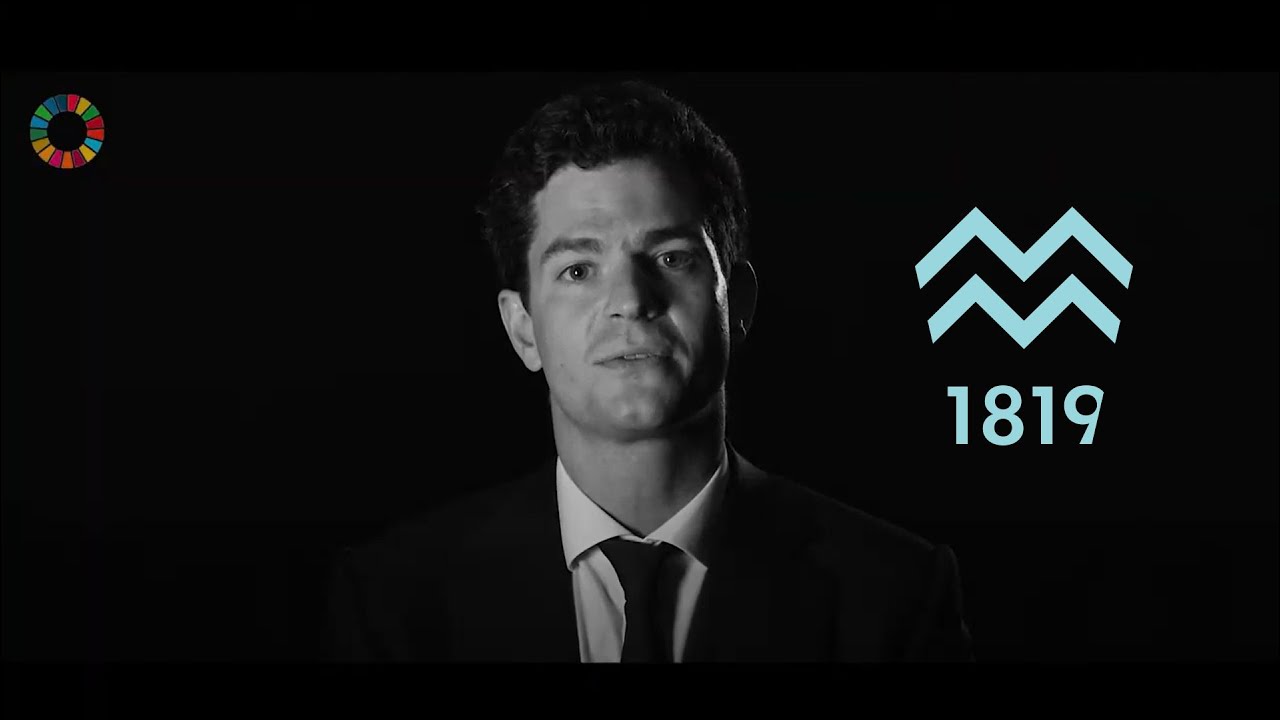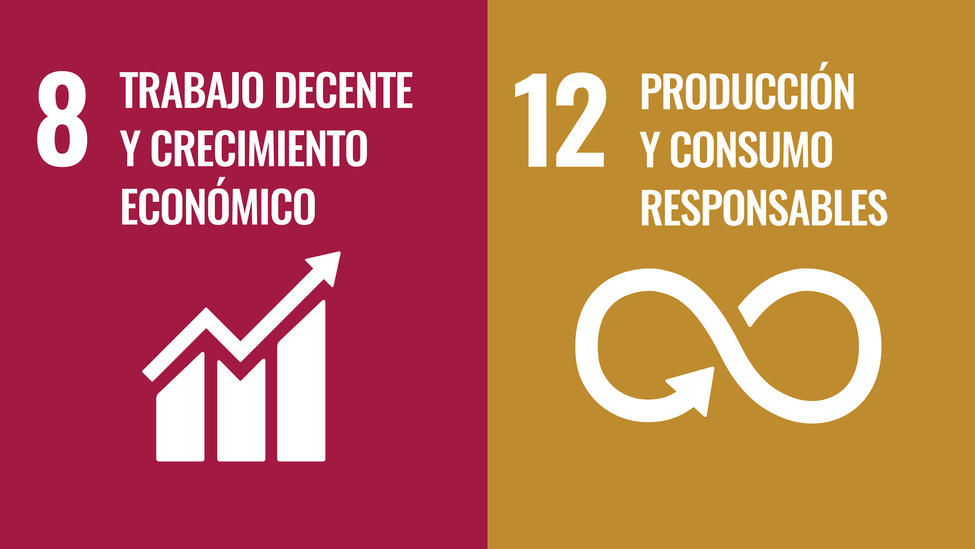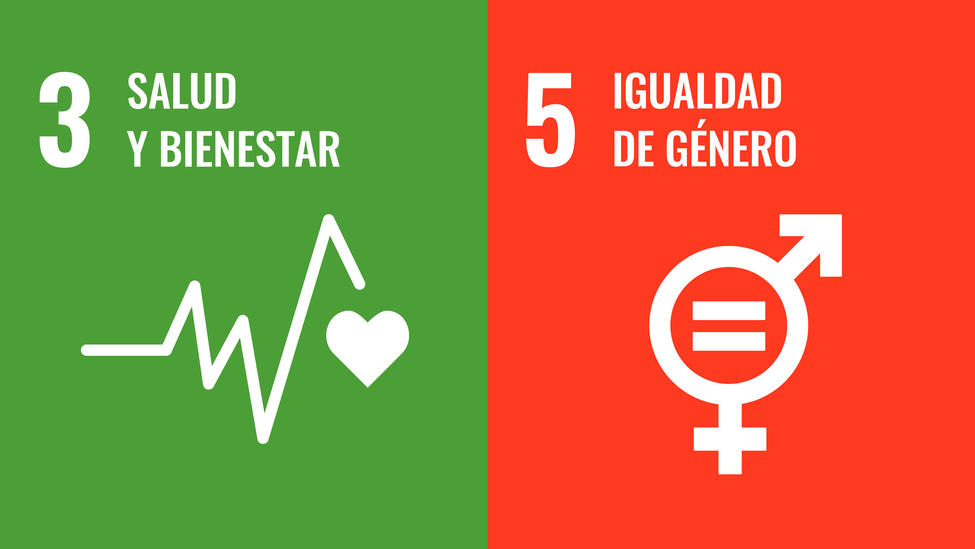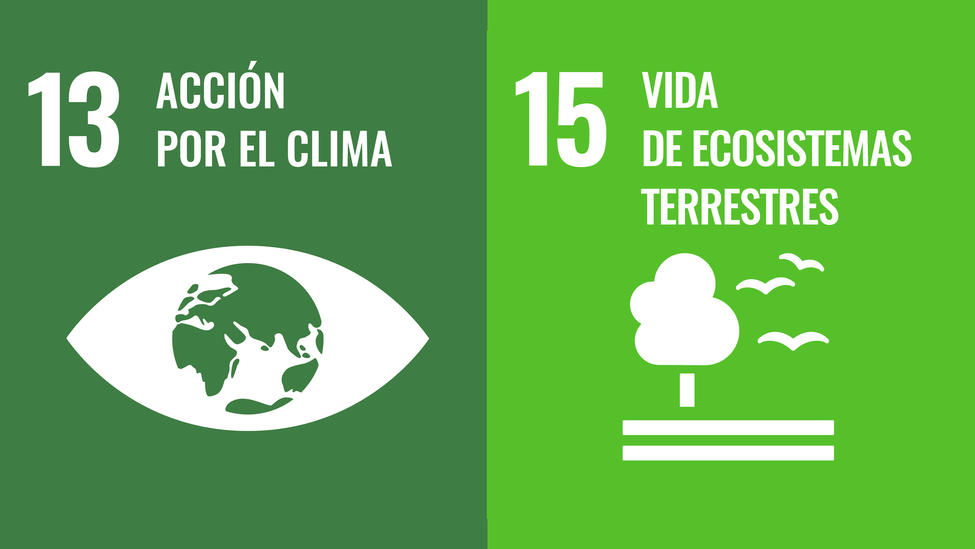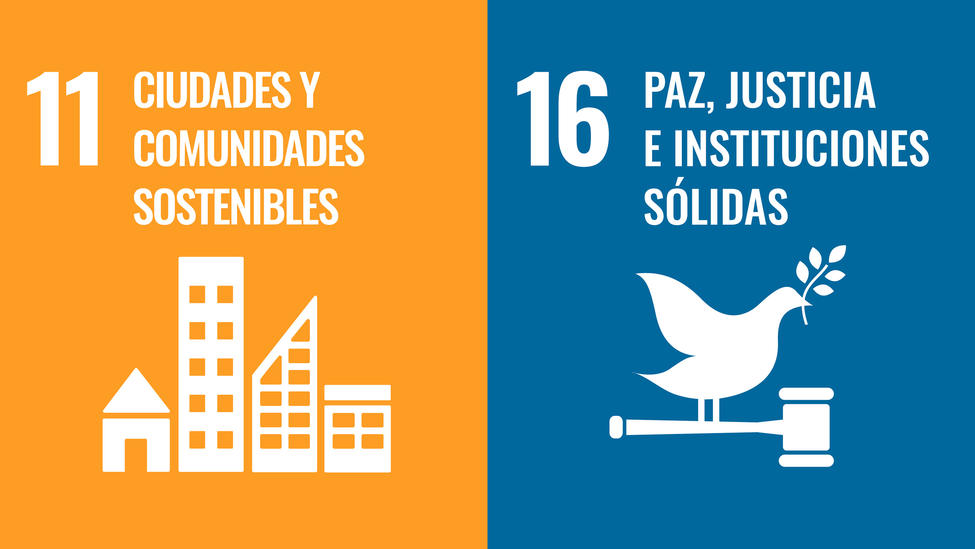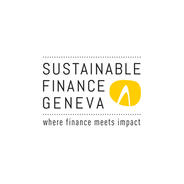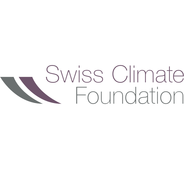Current energy situation in light of the Ukraine conflict: globally and in Europe
Worldwide daily oil production increased sharply in the last decade, despite the first climate change summit taking place in Stockholm in 1972. Last year marked the 26th UN Climate Change Conference in Glasgow. Yet in 2021, CO2 emissions reached a new high. There is a sizeable gap between vision and theory on the one hand and the reality on the other hand.
For some time now, the EU has imported far more oil from Russia than the U.S. In fact, a quarter of the E.U’s oil needs were met by Russia. Because of the Ukraine conflict, the EU is proposing a ban on Russian oil within 6 months. In addition, Russian gas represents about 40% of overall gas demand in the European Union. By 2020, renewables were only about 11.2% of the global energy mix.
Gas price development in Europe and the impact on electricity prices
Gas-power stations are marginal costs producers of electricity in Western Europe. Thus, they set the price. In the context of the Ukraine conflict, the benchmark Dutch Natural Gas price shot up and is at a mighty 104.5 EUR/MWh, which corresponds to a price of USD 200/b in terms of barrel of oil equivalent. As a consequence, the electricity and fertilizer prices went ballistic.
Development in renewables, focussing on European solar
While the long-term outlook of renewables is positive and there is a universal desire to increase the renewables share, the shorter-term outlook is not straightforward. Subsidies in China for wind have expired, and in the U.S., there are mid-term elections in November. The majority in both chambers in Washington D.C. could shift to the Republicans and thus, the disadvantage of renewables. In Germany, on a gross level in March 2022, 731 MW solar, 106.6 MW Wind onshore and 0 MW Wind offshore was added. While the intentions are good and pure, the implementation in the real world is falling short. It is not enough to reach carbon-neutrality. Wind is proving difficult, yet Solar is growing strongly across the globe.
EU plan “Fit for 55” – the E.U’s plan to decarbonise and the role of alternative energy
The global leadership in alternative energy expansion is in the E.U. The European Commission's ‘Fit for 55’ plan was published in July 2021 and is its ambitious blueprint to become fighting fit. This proposal aims to reduce emissions by 55% by 2030. The target for renewable energy's share of electricity consumption is 65% in 2030. This Fit for 55 plan is being discussed intensely in parliament. The legislative approval process normally takes at least one to two years.
Bloomberg NEF calculated that meeting these ‘Fit for 55’ targets would require 414 GW of new wind capacity, 258 GW of solar capacity, and 70 GW of battery storage over the 2020-30 period. The EU had 130.7 GW of cumulative solar PV capacity in 2019.
Viability of renewables as an alternative to gas and oil
Given the lower production cost, there is considerable viability to renewables as an economic alternative to gas and oil. While it is possible in theory, the problem is in the finer details. There are several problems: firstly for reasons of preservation of the landscape and ornithological reasons; the opposition is substantial, especially for wind. Secondly, the problem is the volatility of renewables production. Renewables are more demanding from the grid and the investment in the so-called smart grid has been modest. The grid is regulated and the incentives to invest are low. In a net zero scenario, to reach the carbon neutrality goal, renewables would have to triple in annual additions.
Implementation speed shift as a trigger for future demand
Implementation speed is falling short. The International Energy Agency calculates in its main case scenario that annual renewable capacity additions of 305 GW (plus almost 60% from 193 GW from 2015-20) are well short of annual additional 540 GW necessary to reach net zero.
C02 goals of the EU and their viability
The EU emissions trading via CO2 certificate is the corner stone of the EU ‘Fit for 55’ system but the reform of the CO2 trading is not moving ahead in parliament. The fundamental problem of the current system is that there are too many free certificates and thus is not leading to the decline in emissions. Free certificates disturb the price signal. In the current inflationary environment, the industry is unlikely to be in favour of cutting. While negotiations in the EU parliament are difficult, the ongoing energy crisis have given new impetus to policymakers to diversify and decarbonise the energy system.
A bright conclusion – why solar is shining brighter than wind
Renewables undoubtedly have a good long term future. From the beginning of the millennium, renewables have almost doubled in percentage terms in the global energy mix. There is a broad consensus that increasing alternative energy is the way forward. Based on a cost analysis, it makes sense to invest in solar and in wind. Next to the cost advantage, renewables contribute to decarbonisation and reduce the dependence on Russia. Because of the higher regulatory hurdles, wind is likely to be less buoyant, at least in the short-term. Within renewables, given the lower regulatory hurdles, solar should post a double-digit demand growth. No opposition is likely to stop the rise of the economically attractive solar industry.
